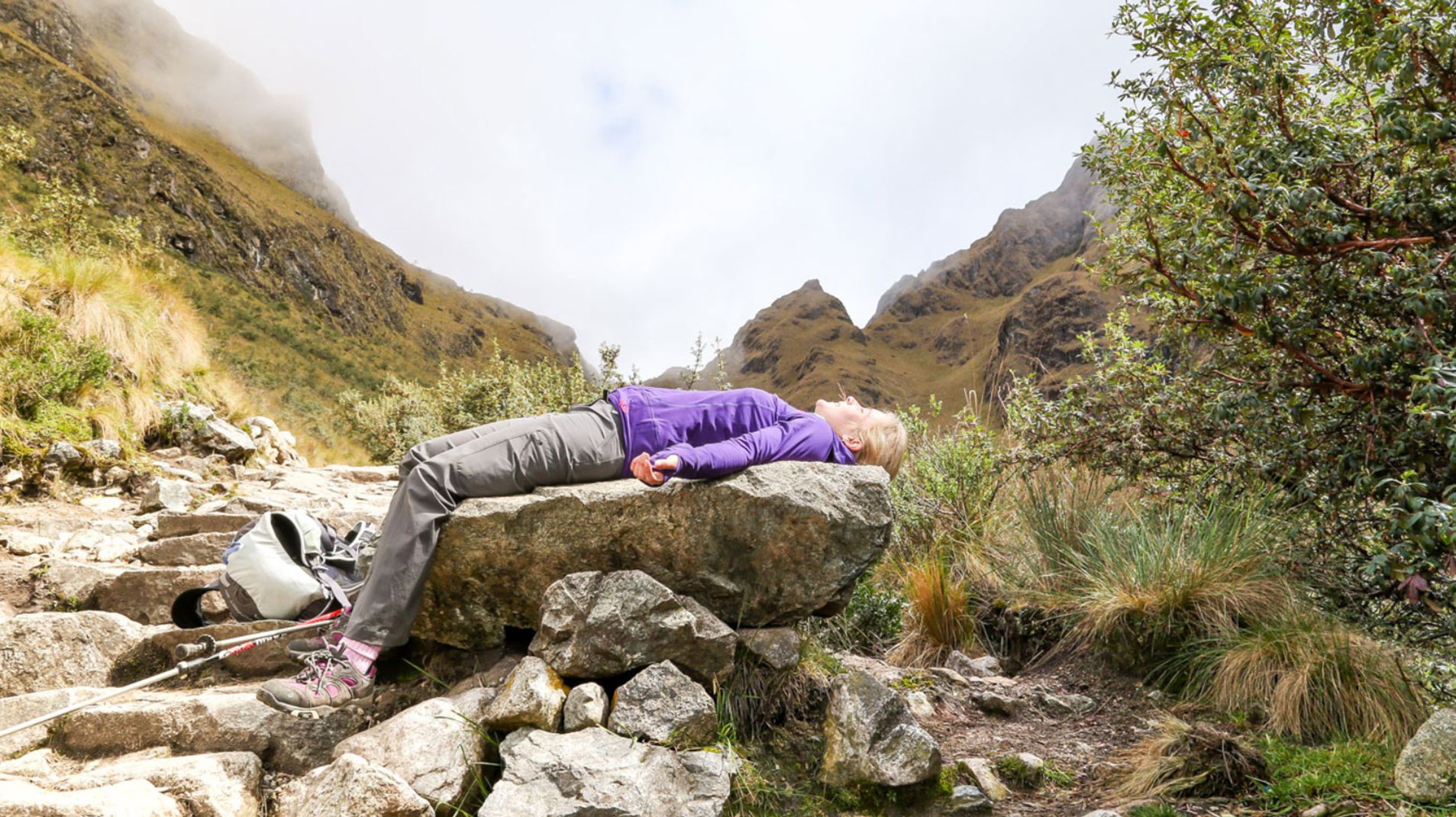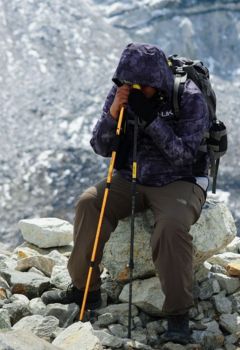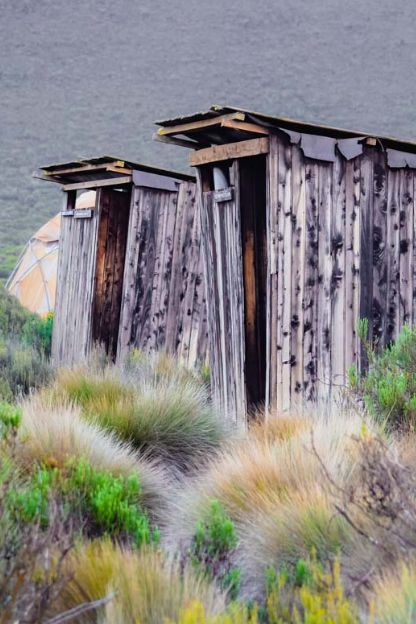
Tanzania Travel & Safari Company
Kilimanjaro Altitude Sickness
Elevation & Exploration – The Kilimanjaro Altitude Handbook


Ascending to the summit of Mount Kilimanjaro is a breath-taking adventure that offers trekkers stunning vistas and a profound sense of accomplishment. However, the high altitude presents a significant challenge in the form of Kilimanjaro altitude sickness. Understanding this condition and taking appropriate measures is crucial for a safe and successful climb.
Kilimanjaro Altitude Sickness is also known as acute mountain sickness (AMS), is a common ailment that can affect climbers ascending to high altitudes. It is caused by the body's inability to adapt quickly to reduced oxygen levels at higher elevations.
Symptoms may include headache, nausea, dizziness, fatigue, shortness of breath, and loss of appetite. Severe cases can progress to high altitude pulmonary edema (HAPE) or high-altitude cerebral edema (HACE), which are potentially life-threatening conditions.
With Conservation Caravan Safaris, you're not just joining a trek; you're becoming part of a community that celebrates your aspirations and stands by your side until you reach the summit.

Several factors contribute to the development of altitude sickness on Mount Kilimanjaro. The most significant factor is the rate of ascent. Climbing too quickly without allowing sufficient time for acclimatization increases the risk. Individual susceptibility to altitude sickness can also vary, regardless of previous high-altitude experiences. Additionally, dehydration, overexertion, poor physical fitness, and underlying health conditions can exacerbate the symptoms.
Proper acclimatization is essential for minimizing the risk of altitude sickness on Mount Kilimanjaro. It involves a gradual ascent, allowing the body to adapt to higher altitudes. Climbers should follow established trekking routes that include rest days at designated acclimatization points.
Hydration plays a bigger part, so maintaining a steady intake of fluids is necessary. Avoiding alcohol, caffeine, and smoking is recommended, as they can contribute to dehydration. Adequate physical fitness and a well-balanced diet also play a significant role in preparing the body for the challenges of high altitude.
If symptoms of altitude sickness occur, it is essential to take immediate action. Descending to a lower altitude is the primary treatment for mild to moderate cases. Resting, staying hydrated, and avoiding further ascent until symptoms subside is crucial. Severe cases of altitude sickness, such as HAPE or HACE, require immediate descent and medical attention. In some instances, supplemental oxygen or medications may be necessary.
Altitude Kilimanjaro Altitude sickness is a significant concern for climbers tackling Mount Kilimanjaro. Understanding the condition, recognizing the symptoms, and taking appropriate preventive measures are vital for a safe and successful trek. Proper acclimatization, hydration, maintaining physical fitness, and listening to one's body are key strategies for minimizing the risk of altitude sickness.
With careful planning, guidance from experienced guides, and respect for the mountain's challenges, trekkers can increase their chances of reaching the summit of Kilimanjaro while prioritizing their health and well-being.
This is your source for practical travel tips and insights that will elevate your Tanzanian experience. Navigate the particulars of planning your trip, make well-informed choices, and have a journey filled with adventure!

Kilimanjaro Private Toilet Tents offers a completely privacy on Mount Kilimanjaro.